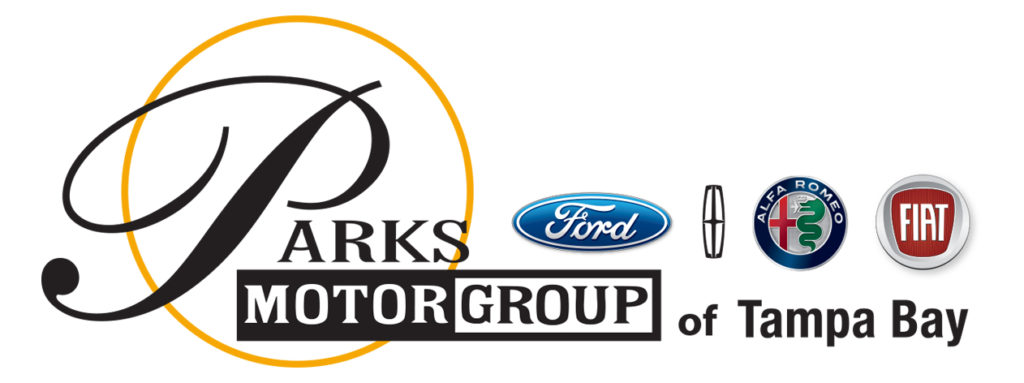S. Joseph Scott
Special for News Talk Florida

Forty-one names read. All of them felled in the line of duty in our community. Most of them by gunshot. All of them first responders. The Gold Shield Foundation fundraiser was a sobering reminder of the invisible skeletal structures that hold a society upright. There are a host of institutions upon which we all daily rely and need for social stability, but increasingly distrust.
Two pop culture critics recently looked to the breakdown of our society’s institutions as a root cause for the extreme polarization, even hostility in our social and political environment. David Brooks of the New York Times warns, “People have lost faith in institutions for some very good reasons, and the need to reform them is urgent. But the disenchantment is overblown and self-destructive.” Jonathan Rauch in National Affairs argues, “An even more important way to rebuild interpersonal connections is by strengthening institutions. Most people think little about institutions in the context of polarization. In fact, most Americans nowadays think little about institutions at all. But rebuilding institutions and thinking more institutionally are the most important pieces of the puzzle.”
Both men lament the breakdown of confidence and participation in public institutions and social service organizations, including religious institutions. One of the abiding legacies of the current political climate is likely to be a pervasive cynicism about the place of institutions in our lives. All that Washington used to represent is now simply, the swamp. In reality, however, it is neither possible nor desirable to escape the role of institutions for social stability and prosperity. Rauch, an avowed atheist, speaks more truly than he may realize when he explains, “Humans are designed to be tribal. We are wired to organize ourselves socially into in-groups (our own group) and out-groups (others’ groups), and to organize ourselves cognitively so that our reasoning processes and even our sensory perceptions support in-group solidarity…humans were designed for life in small, homogeneous groups where change was slow and choices were few.” Humans are designed, wired. The atheist speaks truth.

FOR MORE INFORMATION CLICK HERE
Human beings are indeed designed by their creator for social organization. In the biblical writings there are three primary organizations prescribed for human flourishing: family, church and state. The family is foundational as it is the social unit where children are to be protected, provided for, and nourished into a healthy sense of identity, security and meaning. The church is an institution where one’s life in relationship to God is lived out, not in isolated personal experience, but in a community of faith. Beliefs and practices are reinforced by corporate confession and lived expressions of faith. The state is designed by God, as the Apostle Peter described simply, “to punish those who do evil and to praise those who do good” (1 Peter 2:14). These institutions, by the creator’s design, should be woven together into a seamless fabric mutually supporting and reinforcing one another.
We cannot escape institutions. Our intense individualism notwithstanding, institutions shape every aspect of our lives. We belong to a family, even if deeply dysfunctional. We drop our children off at schools organized under governing boards, driving on roads whose laws are set by civil authorities, paved by our tax dollars. Every purchase we make today is managed by banking institutions. The hamburger we cook for dinner is protected by the FDA. Institutions inescapably regulate our lives, and without
them, anarchy blossoms, but only for a time. Despotism follows.

FOR MORE INFORMATION CLICK HERE
As both Brooks and Rauch point out, where cynicism and distrust of organizations grows, the fruit is not freedom, but tyranny. God has graciously designed the world in such a way that institutions should provide checks and balances for broken inclinations toward self interest, particularly when concentrated in the hands of a few. Social structures are a gift of what, in theological jargon, is described as “common grace.” David Brooks reasons, institutions “are the way to wield power safely. They have rules and structures and norms precisely because power is so dangerous when it is wielded by a lone strongman or by a mob.”
This is why the “Christian citizen” has from the time of Jesus been a blessing for the common good. “Render unto Caesar” (Matthew 22:21) is a call to respect God’s creation design. And this is why the apostle Paul calls Christians to “pray for kings and all those in authority” (1 Timothy 2:2). Submission to governing authorities, praying for those in power, quietly raising families, attending worship services, serving the poor, in local places through local institutions is what we are, as Rauch put it, “wired” for.
Rauch and Brooks both call us back to engagement in local institutions to restore sanity in an insanely divided and hostile world. Rather than arguing, complaining, and fostering more polarized cynicism this thanksgiving, give thanks for family, your church (if you have one) and the civil government. Pray for your leaders to serve with wise humility and for the revitalization of whatever institutions you are, or should be, involved in locally. To do otherwise is like trying to teach fish to walk on land. It is a violation of created design.
S. Joseph Scott has a Ph.D. in theology and has served in leadership positions in both higher education and religious institutions. He has published in both academic and popular journals and has a special interest in the intersection of faith and culture.








